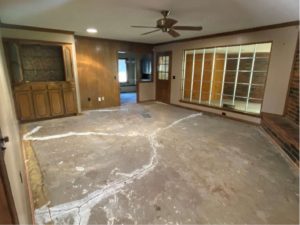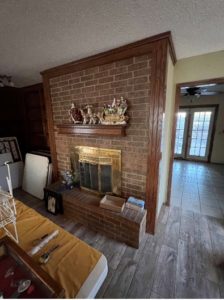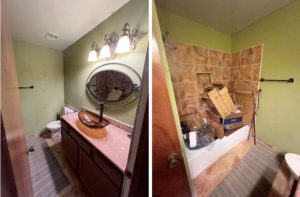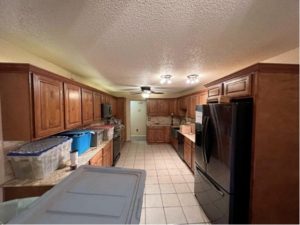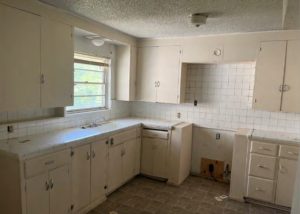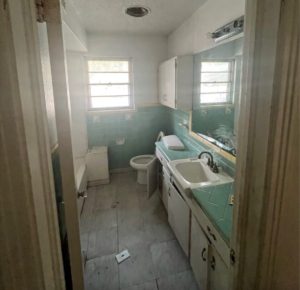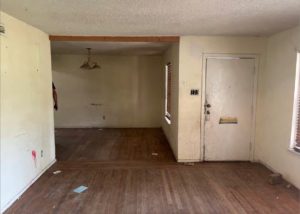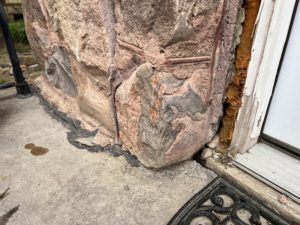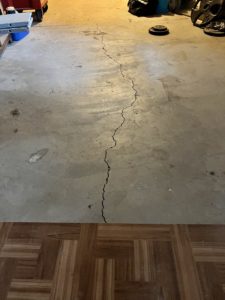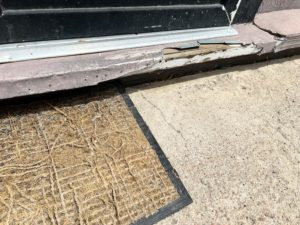Not sure about hard money loans? Here’s why you need hard money as a real estate investor.
MYTH: hard money always costs more than bank financing.
Over the last year with the fed raising rates, banks’ interest rates have come within 1% of where hard money is. Also, there are advantages hard money has that other financing doesn’t that can end up saving you money overall…
Here are the top 3 reasons why you probably need true hard money for your real estate investments.
1. Flexibility
Every other type of loan – from banks, credit unions, or big private money institutions – only comes within a very strict box. But not hard money.
Hard money is based on one main criterion: the real estate itself. As long as there’s a good property to back you up, hard money lenders will work with you under many circumstances.
Why You Need Hard Money: Splitting Land Example
For example, we helped our client Sam with a deal. He bought a small commercial property with some land next to it. He plans to split the land, divide it into lots, and sell the lots.
When he does sell the individual lots, he’ll begin paying off the hard money loan. We’re working with him to recast the loan as he pays the lots off.
Hard money has this flexibility, while Sam may not be able to get this project done with traditional lenders.
Why You Need Hard Money: Buying Assets for Your Business Example
As another unexpected example, we helped another client who was buying a dump truck for their concrete business. They needed $200,000 to buy the trucks at auction, then they’d be ready to pay it back in a couple of months with the new revenue the truck would generate.
However, they didn’t have $200k in cash available. What they did have was a piece of real estate, so we were able to put a lien on it and help them with the loan.
It doesn’t matter if it’s a first lien, or second, or even third. As long as the deal makes sense, a true hard money lender will look at it.
Why You Need Hard Money: LTVs
The best case scenario with the loan-to-value from other lenders will be 90% of the purchase price and 100% of the rehab.
True hard money, on the other hand, will always use the ARV on a fix-and-flip style property. Most hard money lenders will do 75% of the after-repair value, plus rehab costs.
We have flexibility because we look at the property and the exit strategy, and we take deals based on the likelihood of you and us both being successful.
True hard money is what you need when you need flexibility.
2. YOUR Requirements
Other lenders have a long list of requirements for you. Such as:
- Good credit score
- Past experience in real estate
- A certain amount of reserve money
The beauty of true hard money is it’s based mostly on the property.
Hard Money & Credit
We don’t care whether you have a 600 or 620 score. Your credit score will not determine your loan-to-value, rate, or fees. All those factors are more based on the property.
Yes, we will look at your credit. We want to make sure you’ll pay us back, but we also know that, in this industry, a lot of credit scores are downgraded just because of usage.
Many real estate investors use their credit cards for projects, driving down their credit scores. We understand that’s how you have to run your business. We don’t believe it’s fair to judge whether we should lend to you based on high credit usage.
Hard Money & Experience
Most lenders require you to have three to five complete transactions over two years in order to give you the highest loan-to-value.
With us, it really depends on the deal. We’ve now done three loans for an investor who came to us with zero investment properties under her belt.
The deal was so good: she could buy the property, rehab it, and still be under 70% ARV. We knew she’d have plenty to pay off the loan whether she sold it as a flip or refinanced it into a $200+ cash-flowing rental.
If you don’t have experience but do have a great deal, then hard money is your option.
Hard Money & Reserves
Big investment firms that do private lending and banks always require more money upfront, in both down payments and reserves.
We recently helped a client in Texas where the only thing stopping the private money lender from lending to them was the reserves. They were just two months shy of meeting the requirements.
But we don’t really look at reserves. Once again, we’re looking at the property. Do you have the funds to finish the property? Is the property such a good deal your reserves don’t matter? That’s what we’re going to look at.
3. Speed
The third reason you need hard money is speed.
With hard money, you can close…
- Without an appraisal
- In days instead of weeks
- On unique properties that would otherwise need extensive underwriting
Why You Need Hard Money to Close Fast
We had a client looking at a $330,000 property. He bid just $300k, and there were 6 other bidders. But, he offered to close within 10 days. The seller took his offer because of that.
In his case (and for many of our clients), the savings they get from closing fast more than cover any additional cost they spend in interest or fees for the hard money loan. Essentially, this client got his property with free money.
Why You Need Hard Money: Finding the Best Hard Money Loan
Flexibility, more relaxed requirements, and speed. This is why you need hard money for your real estate investing career.
But as with all lenders, it’s important to shop around for the cheapest deal on rates and fees. To help with this, download our free loan cost optimizer here. It’ll help you find out which loan is truly the cheapest for you.
Have more questions about hard money? You can reach us at Info@HardMoneyMike.com, or check out the resources on our YouTube channel.
Happy Investing.



